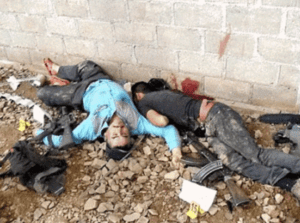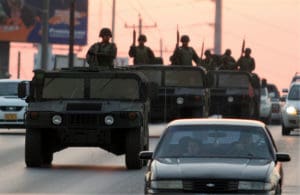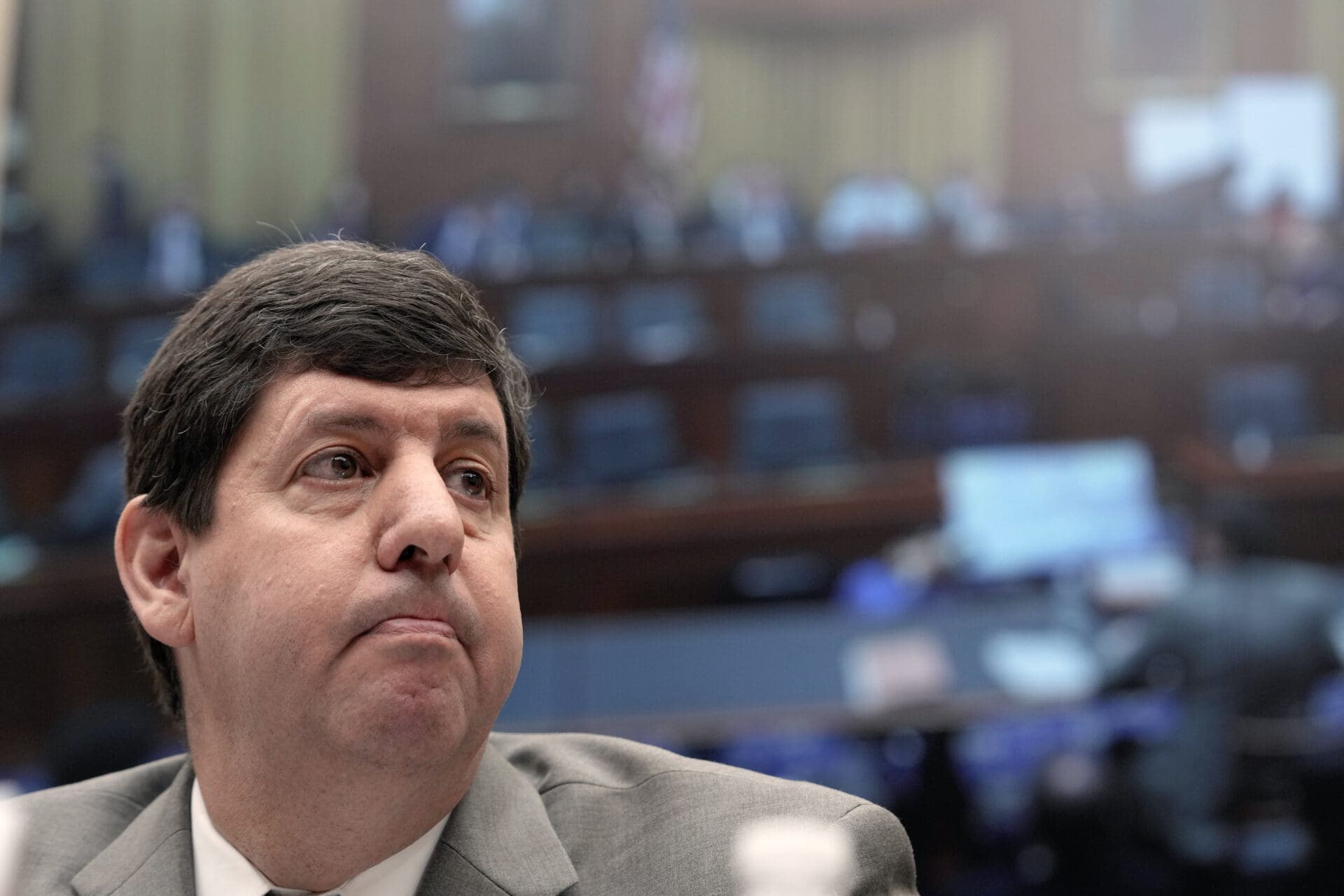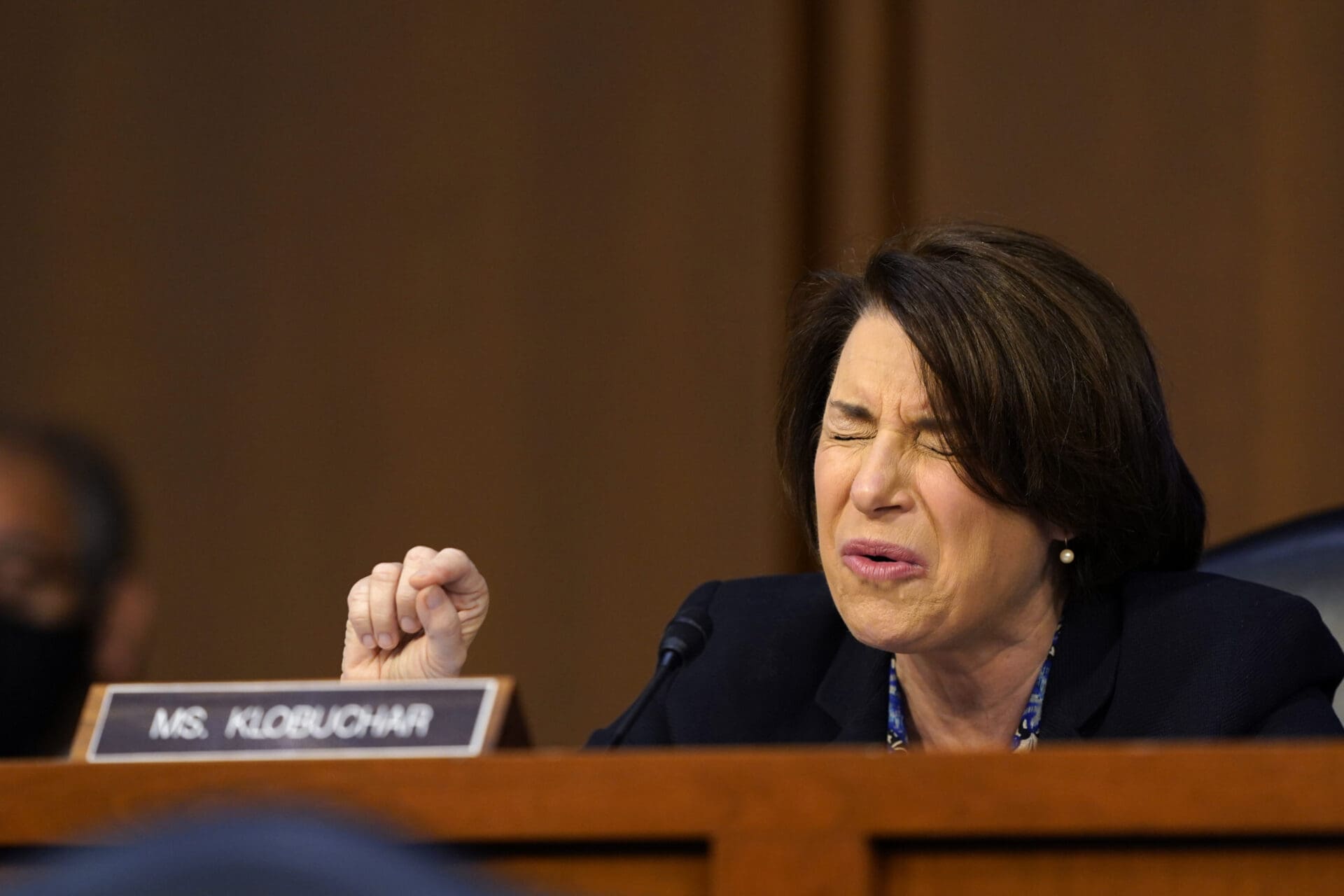Under The Mérida Initiative, the U.S. has sent more than $2.6 billion to Mexico to pay for its anti-drug efforts. The program has been continued and expanded since its 2007 debut. Last year, Congress kicked-in $300 million in new aid. As wikipedia.org reveals (in an entry that’s hasn’t been updated since 2009, suspiciously enough):
Much of the funding will never leave the United States. It will go toward the purchase of aircraft, surveillance software, and other goods and services produced by U.S. private defense contractors. While this request includes equipment and training, it does not involve any cash transfers or money to be provided directly to the Government of Mexico or its private contractors. According to U.S. State Department officials, 59% of the proposed assistance will go to civil agencies responsible for law enforcement, and 41% to operational costs for the Mexican Army and Mexican Navy. While the initial cost for equipment and hardware that the military required is high, it is expected that future budget requests will focus increasingly on training and assistance to civil agencies.
The self-serving Mérida Initiative has a human rights clause: a fifteen percent withholding “tax” on rape, murder, torture, extra-judicial killings etc. Guess what? It’s been invoked. Surprised? You shouldn’t be. Nor should you get to thinking that this “penalty” will affect the business-as-usual business of using U.S. taxpayer cash to provide the unaccountable Mexican government with the money it needs to maintain their power dare I say it tyranny over the Mexican people.

In the article below from borderland beat.com, the author argues that it’s time to kill the Mérida Initiative. Time for the U.S. to stop funding Mexico’s vicious and corrupt military and police. I’m not o sure . . .
If the U.S. didn’t prop-up the Mexican government with lawyers, guns and money, what then? The so-called Arab Spring didn’t work out that well for the U.S.; I don’t think a “real” Constitutional Republic would emerge from the resulting chaos. The drug lords might take over. Or the military. Which, at this point, is probably the same thing. What a mess.
One thing’s for sure: U.S. gun store guns are not playing a major role in tying this Gordian knot. And official U.S. gun sales are.

borderlandbeat.com reporter Lucio writes:
Reforma is reporting the United States has again blocked a portion of funds due to be given to Mexico through the Merida Initiative. The initiative was established to support Mexico in funds and equipment, in its fight against drugs. The U.S. with withhold 15 percent ($5m) of the total annual budget allocated, until the State Department issues a certification that Mexico has met the human rights standards.
The U.S. decided on this action in part based on the Iguala case of the killing and kidnapping of 49 persons on September 26-27, 2014. 43 of the 49, mostly normalistas, are missing and presumed dead.
It’s also based on other prominent cases of extrajudicial killings, such as the 22 slaughtered in Tlatlaya. And the 16 murdered in Apatzingán, Michoacán where police were heard saying “mow them down like dogs” when killing or injuring the unarmed citizens including children. Some photos reveal a few of the citizens, with the only weapon they had in their vehicles, sticks. (Citizens reported that the federal police planted the few weapons shown in photos.)

The US government significantly strengthened its partnership with Mexico in combating organized crime in 2007 when it announced the Merida Initiative, a three-year $1.6 billion US “security assistance package” for Mexico.
In the years since the initiative began, human rights groups have chastised Mexico for human rights violations.Critics have of the human rights rider claim it hasn’t been effective; the 15 percent funding freeze was hardly harsh enough. The U.S. threatened to withhold more money unless cases of violations by military elements and Federal Police were prosecuted in public court, instead of military court. That hasn’t happened.
In 2010, U.S. congress set forth the following requirements to be met by Mexico. Astonishingly, in the same year, a State Department report to Congress claimed that Mexico was meeting the Merida Initiative’s human rights requirements. It paid out roughly $36 million in security assistance that had been withheld from the 2009 supplemental and the 2010 omnibus budgets.

Research conducted by human right organizations, including Mexico’s National Human Rights Commission, and the State Department’s own reports, demonstrated conclusively that Mexico has failed to meet the human rights requirements set out by law. They are . . .
1) Ensure that civilian prosecutors and judicial authorities investigate and prosecute members of the federal police and military forces who have been credibly alleged to have violated human rights.
The State Department’s own report states that Mexico’s military justice system continues to “systematically claim” jurisdiction over the investigation of these cases. “Information on military prosecutions is difficult to obtain,” the “limited information on military prosecutions and complaints filed suggest that actual prosecutions are rare.”

Mexican military courts have only sentenced one soldier for a human rights violation since 2007. Up to 2015, not a single soldier has been prosecuted in civilian courts since the Merida Initiative came into effect in July 2008. To date, no bill has been introduced in the Mexican Congress to amend this practice.
2) Enforce the prohibition on the use of testimony obtained through torture
Although Mexico claims to have addressed this practice, the police and military continue to use torture to obtain “confessions.” This is a critical issue; most often confessions are the sole or primary evidence in criminal conviction. Amid the tactics documented in forced confession abuses: electric shocks, beatings, water boarding and suffocation with plastic bags. The practice of “arraigo” – in which a suspect may be detained for up to 80 days before being charged – creates an environment that, facilitates torture.
4) Improve the transparency and accountability of federal police forces and work with state and municipal authorities to improve the transparency and accountability of state and municipal police forces.
Mexico has agreed to changes that would create effective accountability and transparency, it does not provide clear guidelines for human rights complaints nor does it provide mechanisms that ensures transparency in the investigation, court hearings and disciplinary actions
5) Conduct regular consultations with Mexican human rights organizations and civil society on recommendations for the implementation of the Merida Initiative.
Mexico has restricted meetings with human rights groups to only a few select groups of representatives. By holding the meetings with only a few days’ notice, holding the majority behind closed doors, and setting the agenda for the meetings, the government has ensured that the “consultations” remain low-profile and ineffective.

Dr. John Ackerman, professor at the Institute of Legal Research of the Universidad Nacional Autónoma de México and vice president of the International Association of Administrative Law puts it this way in speaking about the Merida Initiative: “Through two United States presidents, and 3 billion dollars later, Mexico is more unsafe, chaotic and authoritarian than ever.”

In consideration of these facts, the U.S. Congress should not release Merida funds. In doing so and liberating previously withheld funds, the Obama administration has sent a clear message to Mexico. The United States will not react punitively to grave human rights violations. In effect, the United States will tolerates human rights violations that include torture, rape, murder and disappearance.
The once promising treaty should have been terminated long ago, either permanently, because of Mexico’s non-compliance, or temporarily, to enact adjustments. Mexico has been treated as a spoiled child knowing the punishment will be short-lived and without meaningful consequence, especially during the Obama administration. Funds should have never been diverted from security to social programs.
Spending U.S. taxpayer money to fund U.S.-sourced guns, helicopters and other military equipment for a nation deep-rooted in corruption – without stringent oversight – is tantamount to throwing money at a windstorm, where at least, it would have better odds at landing where it could do some good.





Amen.
Screw that dirty country.
Ours or theirs?
I wish the innocent citizens the best. What a hole.
The only hope for Mexico is to be invaded and subjugated by an Imperial British type of power.
The US thinks it can pay its way out of having an annoying neighbor but it isn’t helping.
A pox on both our governments, and godspeed to the Autodefensas and other Mexican citizens who fight back.
Yeah, the guy with AR and mag displayed so neatly next to his blown off head… I’m totally sure that photo wasn’t staged…
Theyre all like that. One rifle, two mags, not even realistically planted. Mexico sucks
I noticed it was an AR rifle with an AK mag. That is some poor crime scene staging.
Mexico is a shitty third world country that we should stop giving any money or weapons to and just do our best to keep them out. Their government is hopelessly corrupt.
Sadly our own government makes too much money with the drug cartels to keep them out like they should.
I’m just saying. Maybe if we ended our prohibition here, and manufactured our drugs domestically, all this would go away. it’s awfully hard to run violent cartel when you have no customers to provide the finances. Mexico might become a more stable country, a country more of its citizens are willing to stay in too. think of it. no more drug crime. less incentive for illegal immigration. all could be a lot better.
And look at it from the other perspective: powerbrokers who want to weaken central governments declared narcotics to be illegal knowing what organized crime/cartels would do.
I agree that ending or never having prohibition might have prevented this mess, but the cat’s out of the bag now and, although I’d love to see prohibition end for various reasons, I don’t think it’ll stop the cartel violence now. If anything, it could make it worse.
Thanks to the billions made in trafficking and production (Mexico produces heroin, meth and a lot of cheap marijuana) the cartels have grown big enough that their rackets now include extortion, IP piracy, prostitution, illegal oil capture and sales and even organ harvesting. Plus many of the cartels have used their wealth and power to capture legitimate industries like agriculture (lime production) and various others.
They have carved up much of Mexico and now control many aspects of the economy as well as police and politicians. If we ended prohibition and somehow allowed for legal, domestic production of cocaine, heroin and meth (which the American public would never allow) the cartels would most likely ramp up the violence to gain control of other illicit means of revenue. To make up for losses, they might increase “taxes” on locals and get even more ruthless and expansive with their human trafficking, forced prostitution and coyote rackets.
The cartel violence first got out of hand in the early 2000s when a joint coalition of US and Mexican feds and military decimated the supply of Colombian-provided coke to Mexico. The cartels got desperate and went after each other in order to compete for lost revenue.
I have no idea what the solution is. There might not even be one, unfortunately.
There are children in some of those photos! Obama is sending guns to Mexico that will be used to kill children!
>ruin Mexico by blackmailing their government into enforcing the US government’s drug war with threats of economic sanction
>complain that Mexico is corrupt
The hypocrisy of the US government knows no bounds.
Every fifty or so years, like clockwork, the US has had to go down south and clean house for them. We’ve shirked this duty for nearly a hundred, now.
Portugal legalized ALL drugs 15 or so years ago. They now treat addicts and distribute to those that want it. NO crime. Illegal drugs equals; cops, courts, judges, prosecutors, defense lawyers, if convicted prison and guards. That is SEVEN levels of expenses. Legal drugs equal distribution and rehab, two levels and we know prohibition does not work. Why don’t the antis go there and protest to that government for stronger gun laws? The 2nd Amendment was put into the Constitution so the people could protect themselves from a corrupt government. No double standards put DC politicians on Obamacare and SS.Thanks for your support and vote.Pass the word. mrpresident2016.com
Americans have little knowledge of just how deeply involved North Americans were for the problems in Mexico. It was a favored place for investment for many decades. We fought a brief walk-over war with them, but have funneled money for corruption throughout most of the last century. Investors in agricultural land like labor peace and tax officials who look the other way.
Now it is obviously about drugs. I don’t do drugs, so it’s on the people who do….if they don’t grow their own.
I spent a lot of time with Mexicans back in the say, doing business and enjoying vacations South of the Border. The Mexican government has always been totally corrupt, but Mexicans are wonderful people. What they are going through now breaks my heart.
” . . .If the U.S. didn’t prop-up the Mexican government with lawyers, guns and money, what then? The so-called Arab Spring didn’t work out that well for the U.S. . .”
This is the lynch-pin statement, Robert. Mexico is teetering on the edge of becoming a failed state and having one of those on our southern border would make the current immigration problem seem like practice. The practical reality is that Mexico has always had fractious relationship with both its military and its police, just as its always had systemic problems with political corruption. The growth of the drug cartels has only exacerbated things that have been institutional in Mexican for most of its history. Mexicans have a point when they tell us their problems stem from our hunger for illegal drugs, What we need to end is the War On Drugs. If we legalized or simply decriminalized drugs the smuggling of drugs would not be economically viable. People use drugs because they want to alter their state of consciousness and get high. I’ve never understood why than had to be illegal.
The American drug user is the cause of a lot of Mexico’s problems. Ending prohibition would put all those problems square on the shoulders of the American drug user. Here at ttag, we are advocates of personal responsibility. Let the problems lay on the shoulders of those who choose to be problematic.
>it’s the drug users fault
>not the US government that decided to make drugs that don’t have K-street lobbyists illegal and turned people into criminals for no reason
One simple item should be introduced and attached to every bill possible until it passes:
1) Make it legal for U.S. citizens to supply arms and training to the autodefensas.
2) Officially recognize said autodefensas as legitimate representatives of the people, under the U.N. Charter’s principle of self-determination.
/corruption
Sadly, some of the autodefensas are turning out to be corrupt or, worse, working for the cartels.
But there are still many that aren’t and they’re willing to kill and die (and they’re doing both!) to protect their land. I wish them the best.
Please present a source for at least one of the “plenty” of studies that you reference. Anything less (including telling me to “Google it”, even though you are presenting the claims) will only prove that you are simply trolling, and should be ignored as such.
Cut all funding and let them sort it out on their own. We have too many problems here to deal with as it is. We don’t need to be out playing captain save a foreign country all the time. Also you skipped from 2 to 4 in your bullet points.
This is an absolute travesty for the every day Mexicans who likely just want to work, go to school and live a good life. This is a very near and real example of the why the 2A is so important to maintain to insure that this type of state and gang sponsored violence can’t happen here.
Cut the funding, err arms sales subsidies for the military and police. Use the 2.6 billion to build a wall 100′ feet deep and 100′ feet high on every inch of the border. Put in some pretty (a la Trump) and heavily controlled gates.
Legalize and tax recreational drug sales and use.
I think Mexico may actually be IMPROVED by a nuking.
El Io el thinko el Mexicoo el mayo el actuallyo el beo EL IMPROVEDO el byo el ao el nukingo.
My country sends so much down south to kill bad guys. Somehow , the bad guys seem to keep using it to kill our guys.